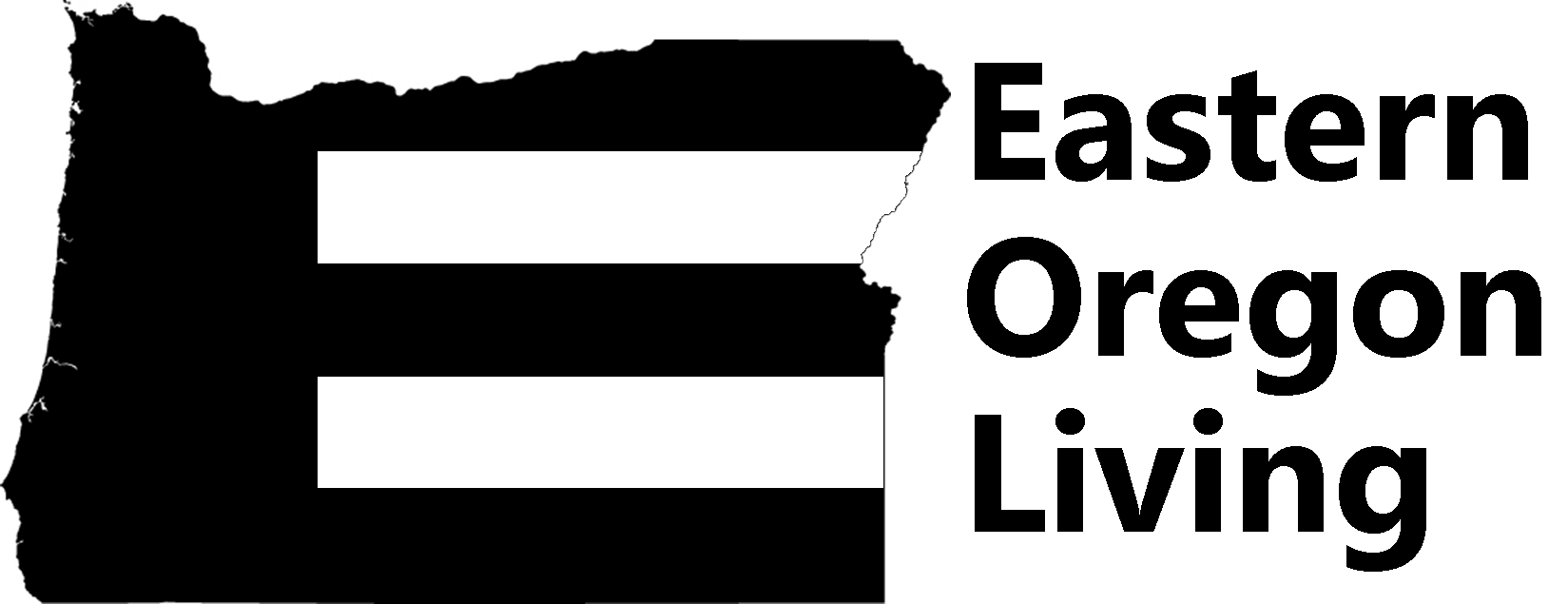
(Guest post.)
Relocation isn’t just about boxes and addresses. It’s about what comes after. The emotions. The people. The rhythm of a new place. A move changes more than scenery, reshaping habits, routines, and connections. The neighborhood you choose can lift your mood and help your family feel grounded. It quietly defines what daily life will look like. Each choice leaves a trace on the community you join and the one you leave behind. A good community impacts the entire relocation, and it doesn’t just make it easier. It changes how you experience it. When the logistics run smoothly, your focus shifts from managing tasks to finding what really matters.
The Personal Foundation: More Than a New Address
The obvious comes to mind when we consider the difficulties of moving: the stress of packing, the cost, and the physical fatigue. But once the moving trucks leave, the real test begins. Your choice of community determines how smoothly you go from stranger to local.
The Psychology of Place
Sometimes the urge to move starts quietly. Maybe the street feels louder than it used to. Maybe the buildings look a little more tired. Over time, that feeling grows. When does a neighborhood stop feeling like home? Is it the noise that never ends, or the empty sidewalks that used to be full? Maybe it’s the little things — paint peeling, lights flickering, faces you no longer recognize. Those details add up. They start to wear you down. But what about the other side of it? The places that make you stay without thinking twice. The smell of coffee from the corner café. The nod from a neighbor you don’t really know, but trust anyway. A sense of rhythm that fits your life just right.
It’s never just about walls or streets. It’s about belonging — that quiet pull that tells you this is still where you’re meant to be, and what the place gives back. Comfort keeps people grounded. Connection keeps them invested. And when both start to fade, that’s when the idea of a new beginning starts to sound right.
People are often motivated to relocate by a chaotic environment, but stay rooted because of emotional attachment and fulfillment. This shows how our emotions and psychology respond directly to our surroundings. The stress and loneliness that might come with moving are immediately countered by a community that seems secure, organized, and friendly.
The Daily Reality Check
Your chosen community dictates the rhythm of your daily life. It affects:
- Your commute. Does your day involve long, tiring travel, or is the new community well-connected?
- How is your family doing? Children often need up to six months to adjust to a new setting. This challenging adjustment can be made easier by the existence of parks, secure streets, and other kids.
Building new connections can feel draining at first. Starting from zero takes energy. That’s why the right environment matters so much. Neighborhoods with open gathering spots. A café where faces become familiar, or a library that welcomes quiet company. A park alive with weekend events helps refill that social battery.
A strong community doesn’t just give you an address. It gives you a place to belong. When that support is missing, the move can start to feel heavier. The wrong setting can turn the adjustment process into loneliness. But the right one? It makes the change feel possible, even exciting.
The Ripple Effect: Your Move and the Community Ecosystem
A relocation is never an isolated incident. It triggers social and economic effects that influence both the community you’re leaving and the one you’re joining.
The Void Left Behind
Every move leaves a gap. When a person or company relocates, the space they once filled changes. It’s more than numbers or addresses—it shifts the pulse of a neighborhood. A business leaving can alter the flow of customers. A family moving out can change the feel of a block.
To soften that disruption, partnering up with the right crew and choosing the best moving company becomes essential. The right moving team doesn’t just transport things. They protect stability. Their skill keeps the move on track, easing the pressure for everyone involved. A relocation isn’t a private event — it ripples outward. Each move shifts routines, businesses, and friendships. It changes how a neighborhood feels for a while. The process may seem personal, but the effects reach far beyond the front door.
The Impact on Your New Home
Every move adds something to a place. When you settle in, you become part of the rhythm — buying coffee, hiring local help, supporting small shops. Your presence helps the local economy breathe a little deeper.
But growth has two sides. Some moves happen because of change, not choice. As climate change reshapes where people live, land left behind often finds new purpose — becoming parks, greenways, or reserves that restore the environment.
In fast-growing areas, though, new arrivals can strain what’s already there. Roads, schools, and services stretch to keep up. Choosing a neighborhood that plans ahead helps make your move part of sustainable growth. The goal is balance — a home that fits your budget, your life, and the future of the community you’ve joined.
How to Evaluate a Community Strategically
Choosing a neighborhood with intention is critical because the community impacts the entire relocation. It is necessary to go beyond real estate listings to examine the living, breathing environment you’re entering.
Look Beyond the Aesthetics
Do not just drive through. Walk the streets. Visit your local food shop. Do you find yourself mirrored in the community? Does it offer what you need for your lifestyle, such as parks, events, or public transport?
Gauge the Economic Health
Research the local job market and major employers. A diverse and stable economic base is a sign of a resilient community. Are there opportunities for your partner or family members?
Assess the Social Infrastructure
This social infrastructure is the glue that fosters community connections. Are there any active local organizations, Chambers of Commerce, or nonprofits that you may join? Joining such clubs offers learning opportunities and a quick way to expand your network. Platforms such as Meetup and local Facebook groups can reflect a community’s social pulse.
Listen to the Stories
Start with the people who already live there. Skip the polite questions and ask the real ones. What makes them stay? What makes them think about leaving, and what do they wish someone had told them before they moved in? You’ll get honest answers, not marketing lines.
A quick chat can reveal more than pages of online listings ever could. Locals can tell you how the air feels at night, how loud the mornings get, or how the block changes once the weekend rolls around. That kind of detail doesn’t show up in data — it lives in daily life. And that’s the part that tells you whether the place feels right.
Consider the Long-Term Trajectory
Look beyond what you see right now. Ask where the place is headed. Is it growing or slowing down? Are new parks or schools in the works, or are businesses quietly closing their doors? The answers will tell you more than a real estate ad ever could.
City plans, council meetings, and even small local projects can show how a neighborhood thinks about its future. Some grow slowly, choosing balance over speed. Others rush ahead, chasing quick change. Knowing the difference helps you choose a place that grows in the same direction as you.
And don’t forget the place you’re leaving behind. Selling a home isn’t just a personal choice; it shifts the ground a little for everyone else. Prices move. Streets change. Stability bends. Every sale and every move adds a line to the story of a community — and shapes what it becomes next.
A Choice That Echoes
Relocation is an act of creation, not just a change of where you live. You are actively shaping a new future for yourself and your family while investing your time and resources in the kind of communities we want to build and support. So, while you look at the map and consider the possibilities, keep in mind that you are not just selecting a spot. You are choosing a living, evolving structure that will define your days — and you will influence it in return. Make that decision with care and insight, and set the right conditions for a successful move. The community impacts the entire relocation, so choose wisely and understand its influence on your new life.





